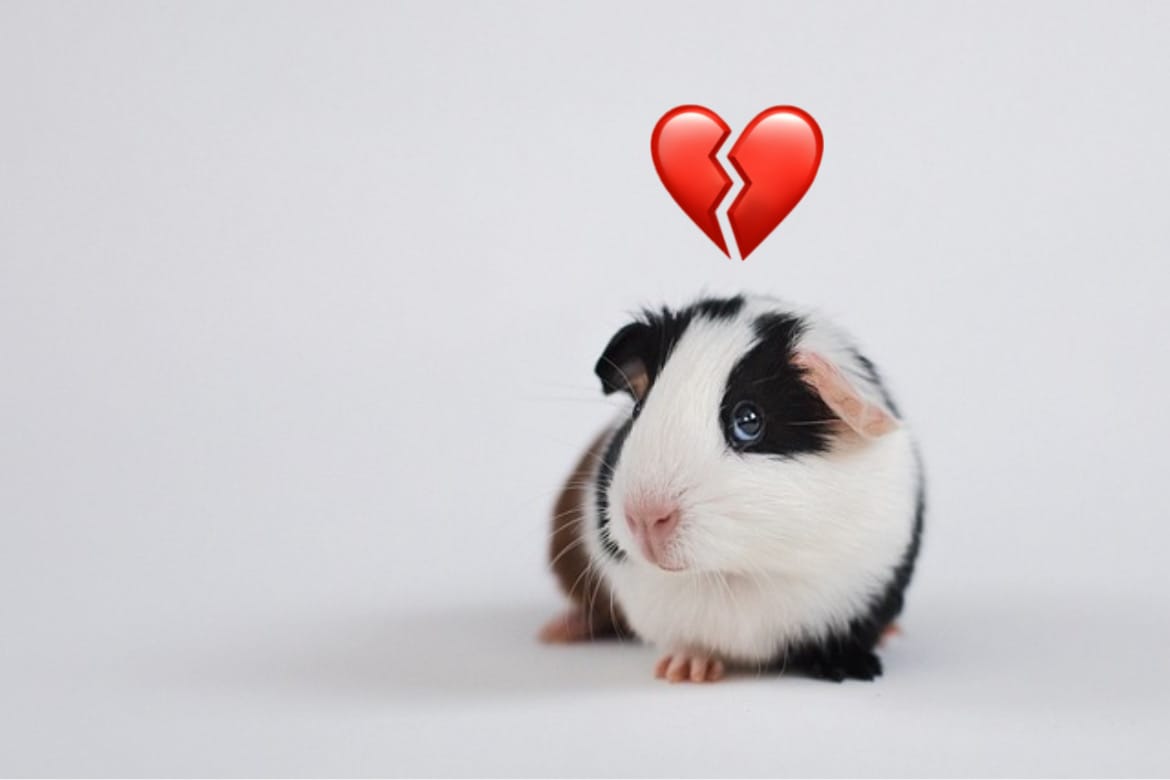Greetings, friends!
If you're reading Wayside - a serial novel for the Covid-Conscious community, here's Episode 22: Sunday Morning.
For this month's movie watch party, grab some popcorn and join me on Saturday, February 21 at 3pm ET /2pm CT/1pm MT/12 noon

